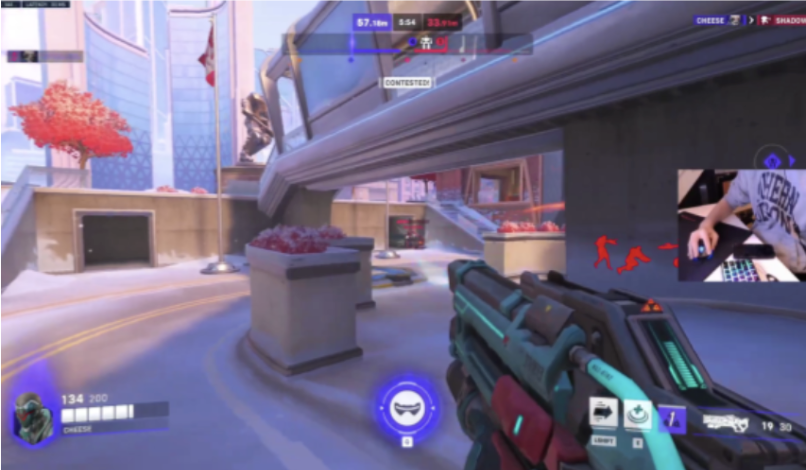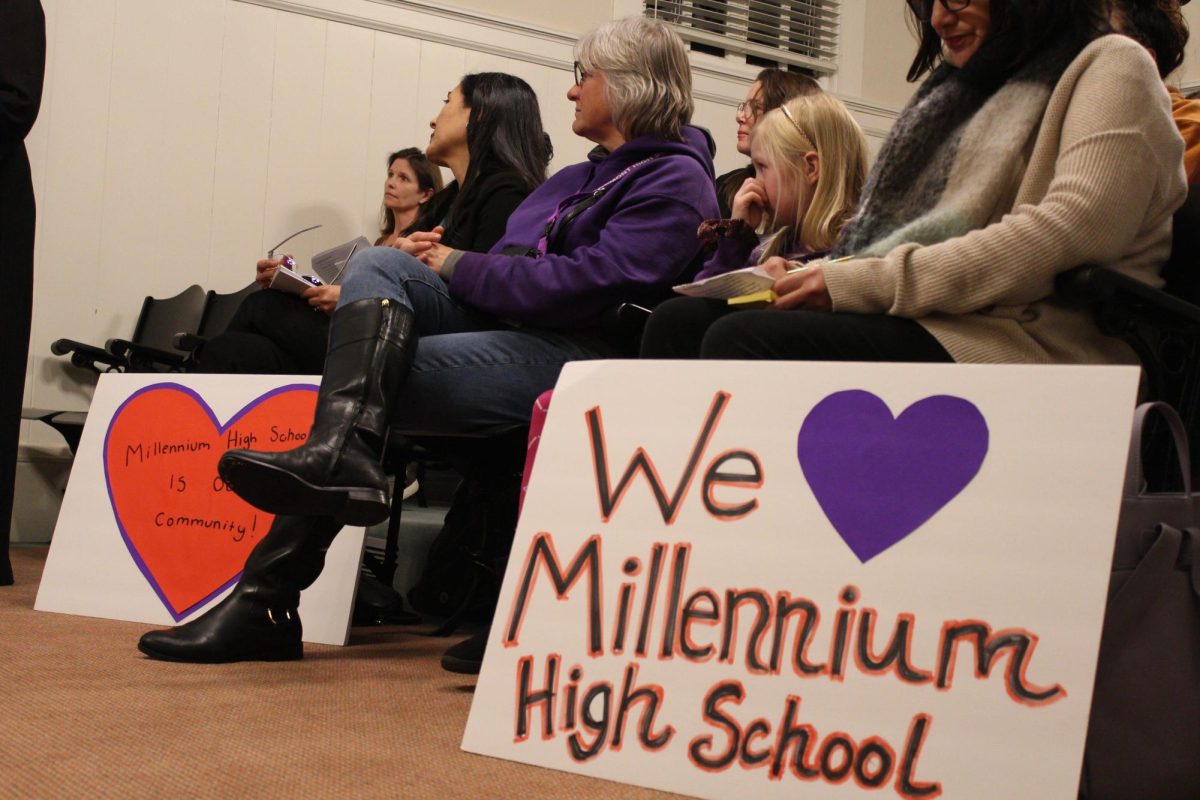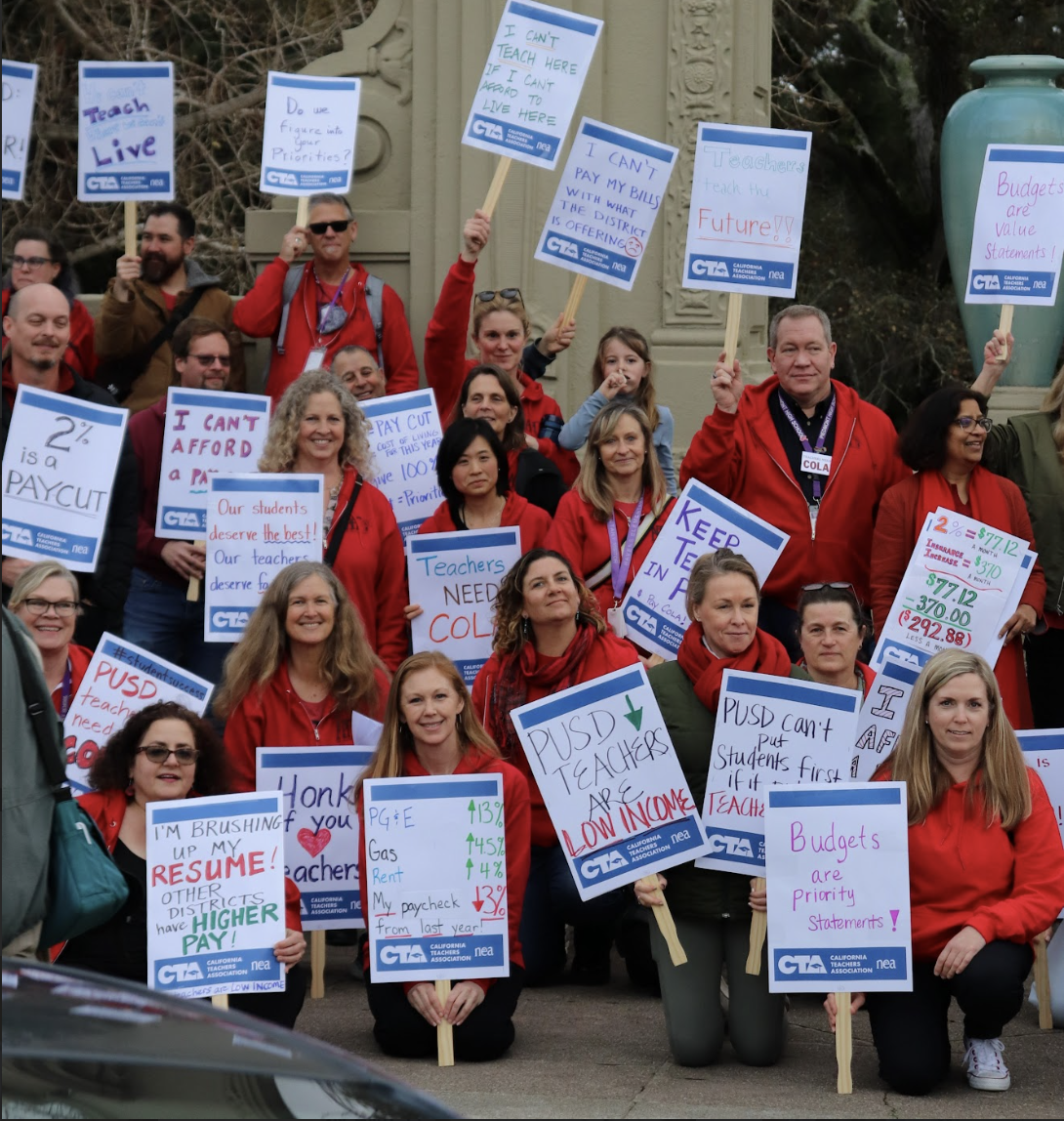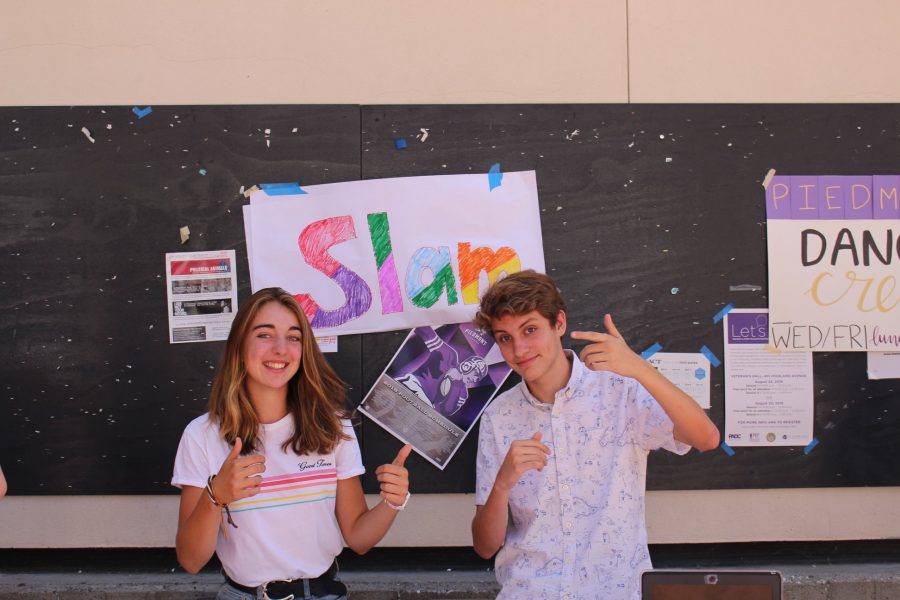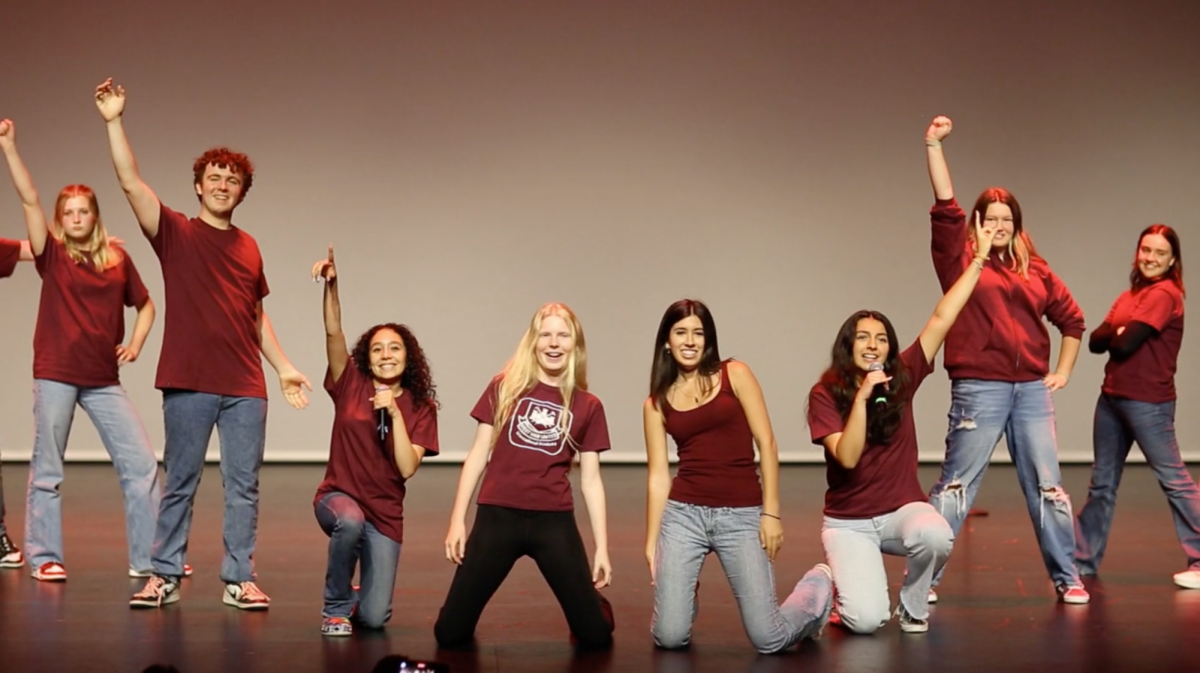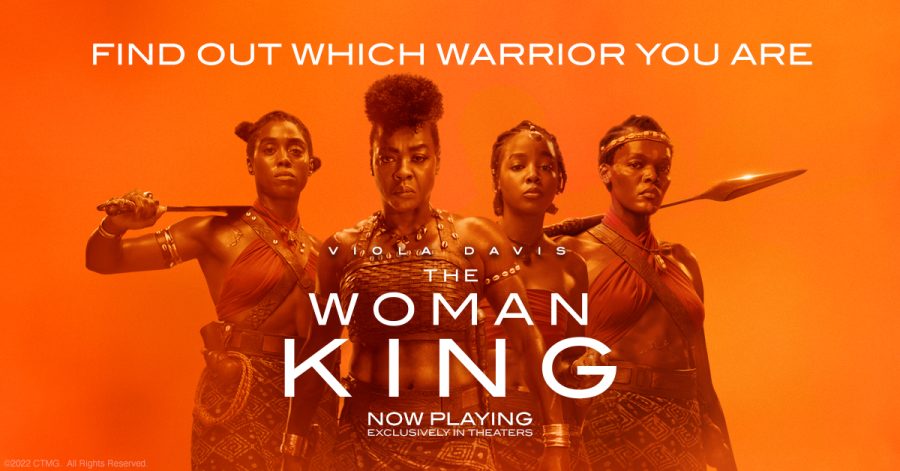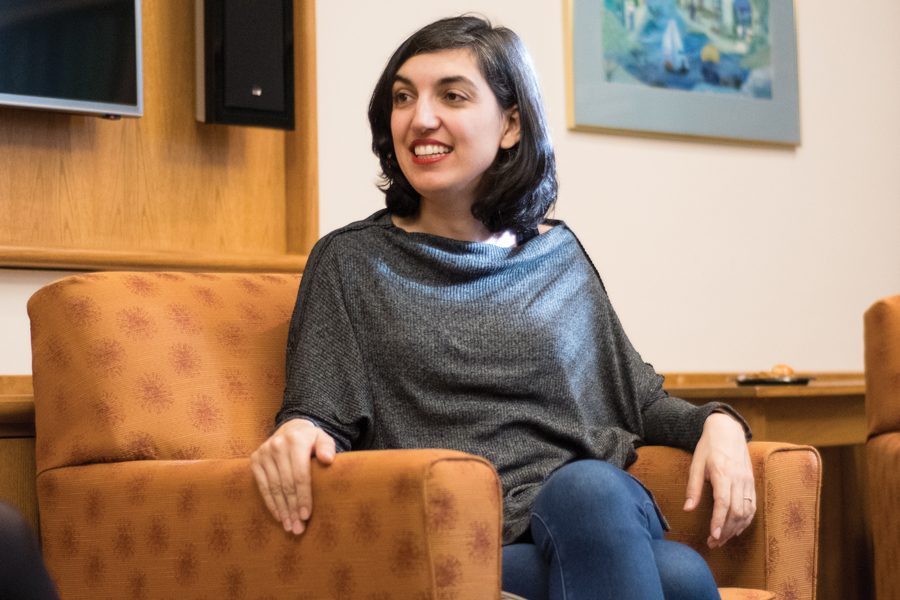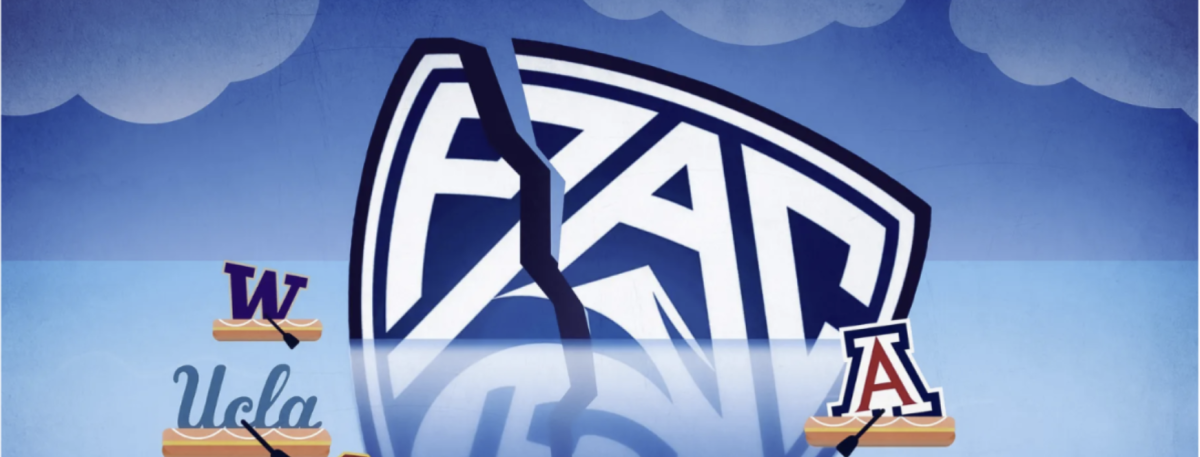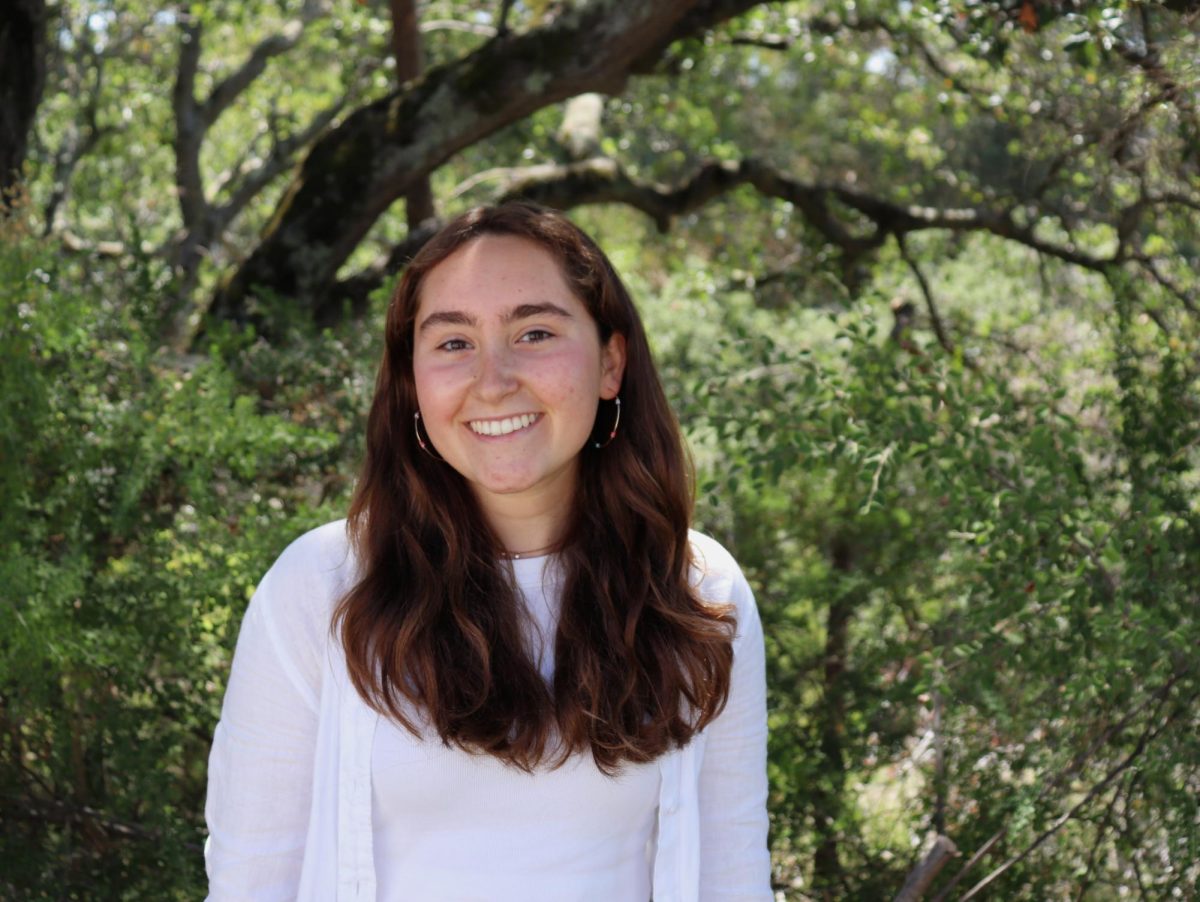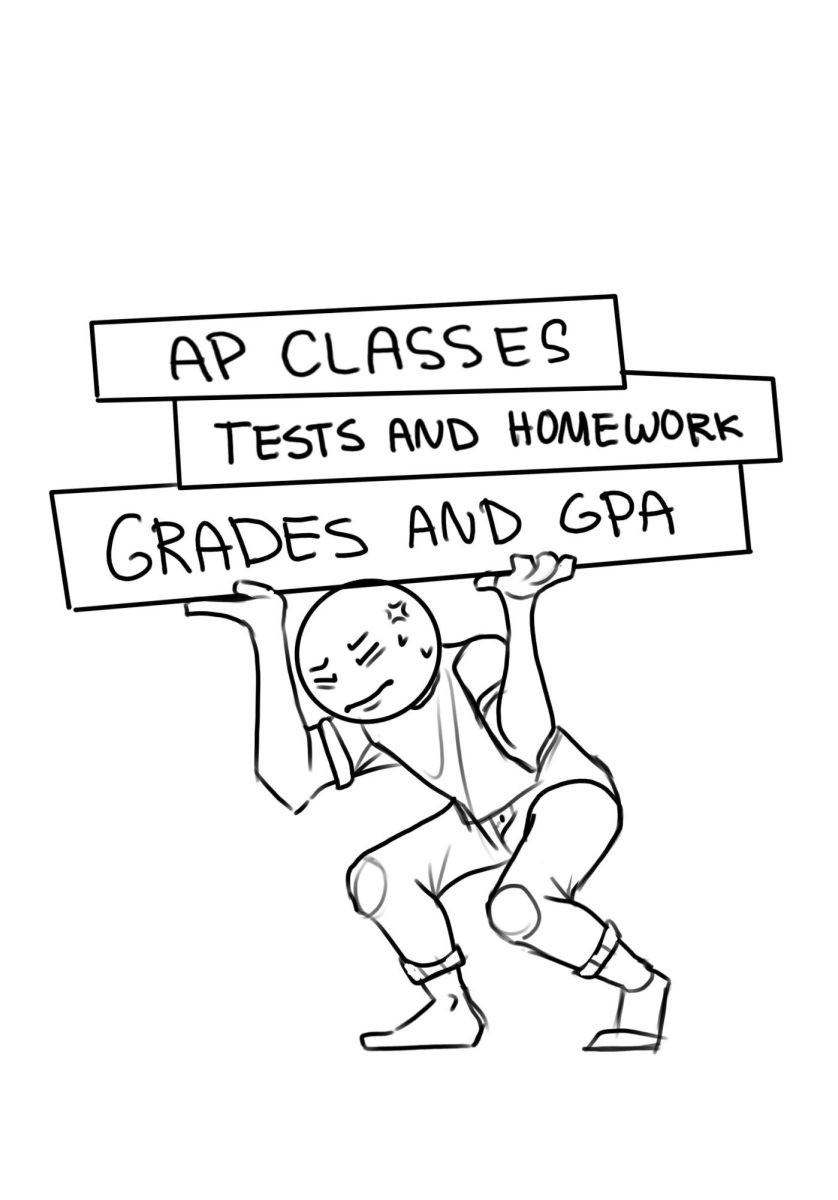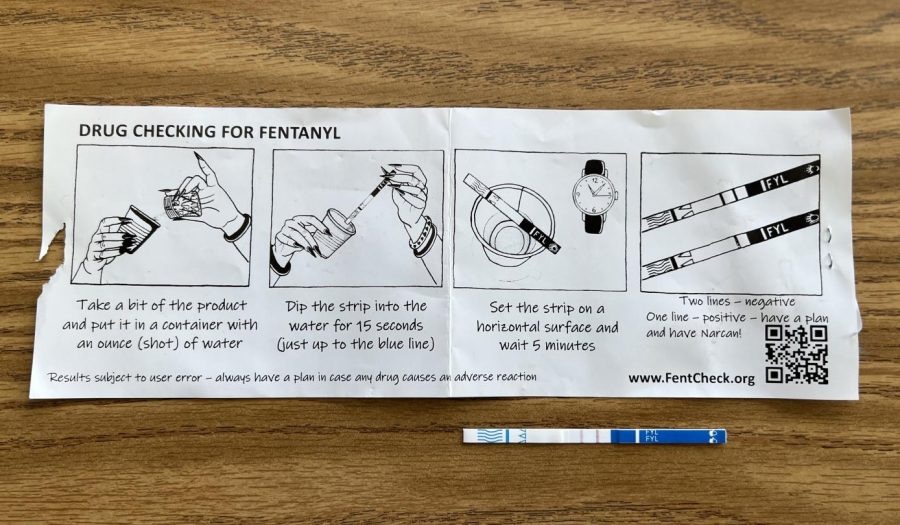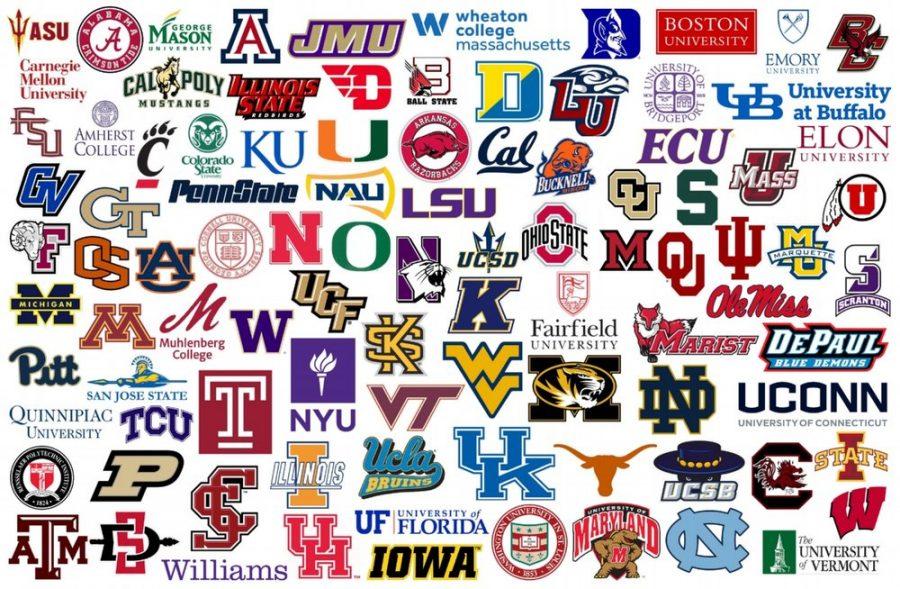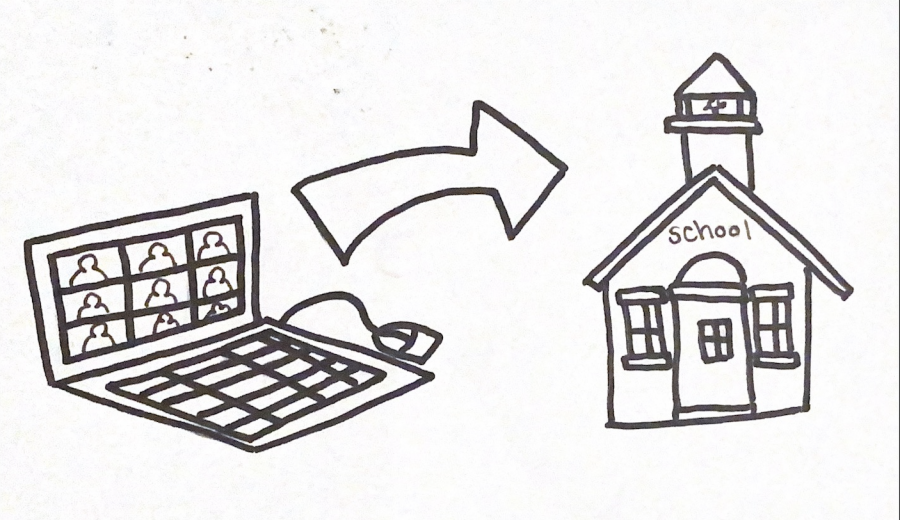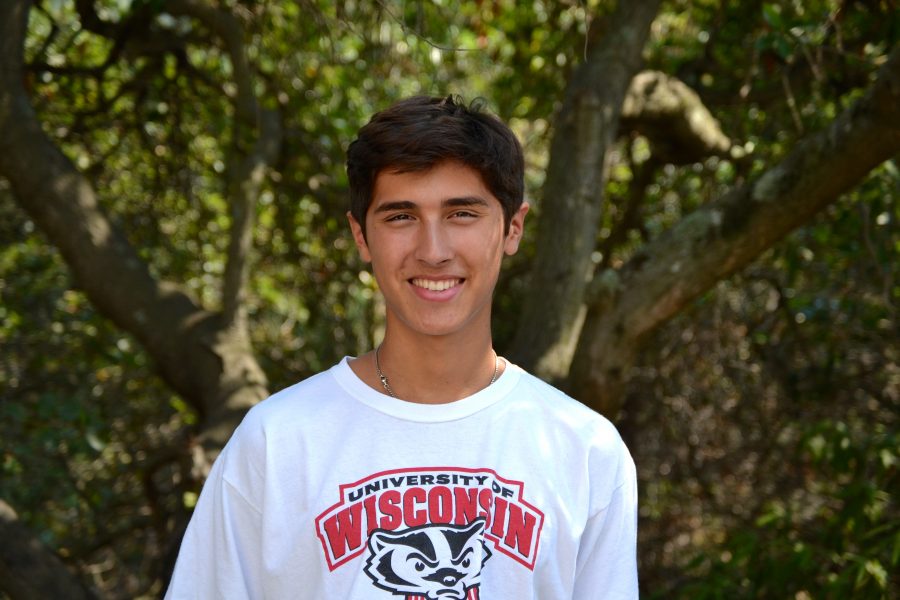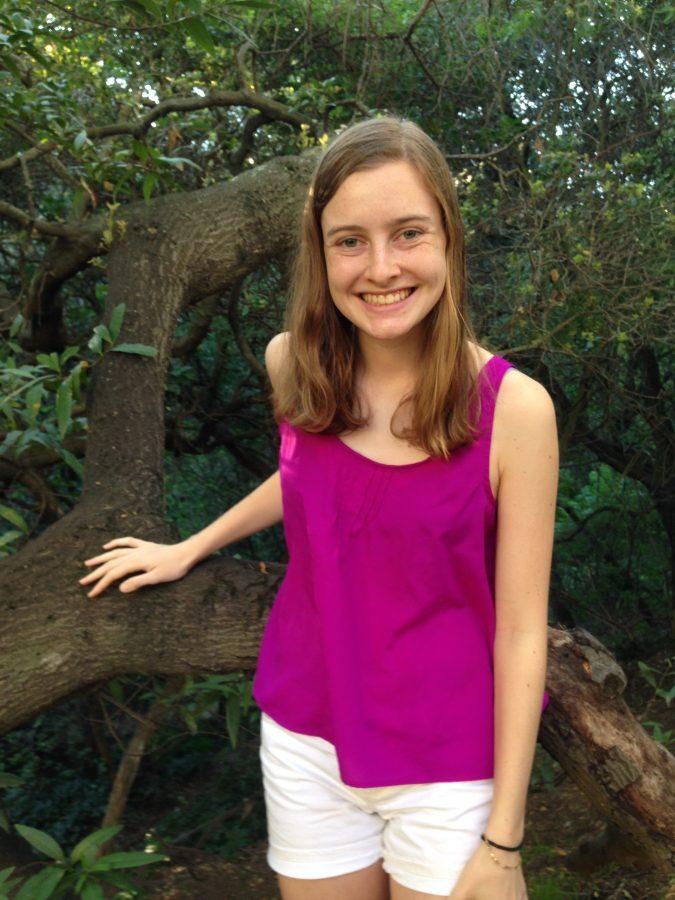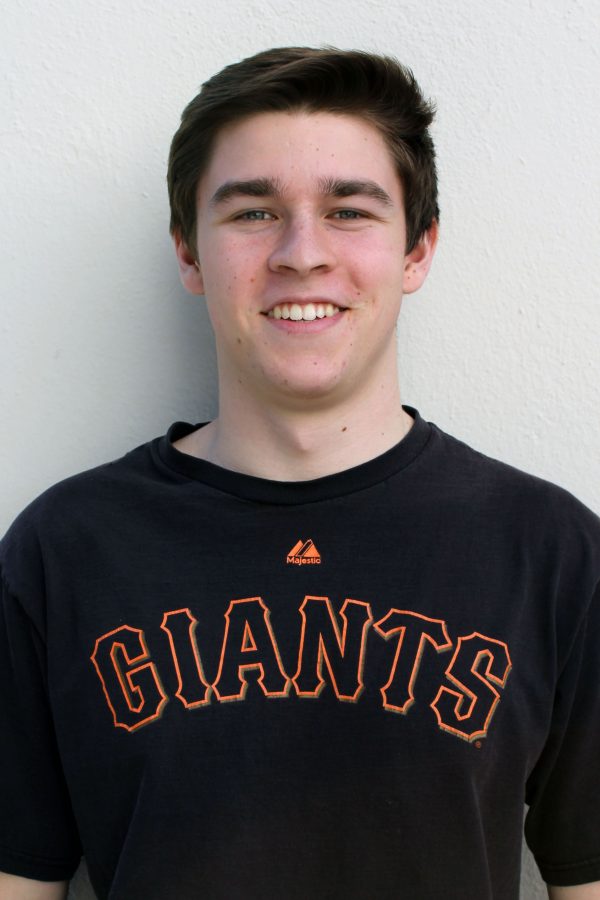Three, two, one. Whether it’s the one on your sports uniform or your zip code, numbers are a platform of identification in our daily lives. When it comes time to determine the valedictorian of the graduating class, numbers have traditionally been the only factor that has awarded this title and opportunity to speak at graduation.
Evidently, a valedictorian’s numbers allude to an academic record worth being extolled, but as a figure who represents academic excellence and “achieving the honorable,” the selection process should be less of a contest of numbers and more of a celebration of students who excel in a variety of areas.
By its dictionary definition, “valedictorian” refers to the student with the highest grades in the graduating class. Yet its connotation is one of overall academic achievement, which isn’t truly measured by the highest GPA. At PHS, the means of achieving this title can be manipulated by students who sign up for all weighted classes and take free periods instead of unweighted electives to raise their GPAs. There’s nothing wrong with weighted classes and free periods, as a majority of PHS students end up taking both.
However, a student who has enrolled and excelled in an unweighted course, such as a foreign language, psychology or anatomy, is less likely to earn the title of valedictorian. Such a phenomenon undermines the academic success one can achieve in an unweighted course such as acting, art or yearbook, all of which contribute to and enhance the school and Piedmont community.
Receiving a high grade in a weighted class evidently demonstrates one’s academic success and ability, but a student’s decision to take an unweighted class because of academic interest shouldn’t undercut their chances to represent the academic excellence of their graduating class.
Specifics of weighted and unweighted courses aside, a valedictorian is a leader, and it’s logical to acknowledge those who have excelled and achieved the honorable outside of the classroom. Piedmont fosters a community of kids who are driven and committed when it comes to getting involved in sports, community service, the arts — you name it. Extending the boundaries of a valedictorian to one’s extracurricular involvement can be viewed as biased, considering that factors such as cost, family responsibilities and transportation can hinder one’s ability to partake in extracurricular activities. But for many academically high-achieving students, their excellence in the classroom extends their seven hour school day and transcends onto the field or the stage. Such an achievement shouldn’t be absent from a valedictorian’s evaluation.
Yes, such an addition to the selection criteria breaches the tradition of a valedictorian, and I myself am a fan of tradition in certain respects. Yet as our administration’s proactive decision to make all graduation gowns one color to unify the class proves, tradition can be broken. Other high schools, such as Granada High School in Livermore, have successfully implemented this lengthier process, proving that such a break from tradition is doable.
Giving a valedictorian additional fields to excel in makes for a lengthy selection process, but, with the right limits and teacher participation, it can be worth the while. If teachers are brought into the process, they can use their voice to advocate for the student whom they believe to be a leader in the classes that they have tought.
Having known us as students and as people, the teachers would be able to weigh in on traits not measured in numerics. Such an addition can be seen as an allowance for subjective opinions to pollute the process, but I believe that teachers would put forth rational and honest opinions. In terms of limiting the number of eligble valedictorians, it seems fit to chose between a pool of seniors with the top 20 GPAs, with ample teacher input.
As seniors who have gone through the college admissions process, we know that being defined by numbers doesn’t always attest to who we are and our academic ability. For almost all of us seniors, we have directed our efforts towards not only academics, but also to a multitude of extracurriculars. The acknowledgement of such should not be absent when determining who leads in the example of “achieving the honorable”.




